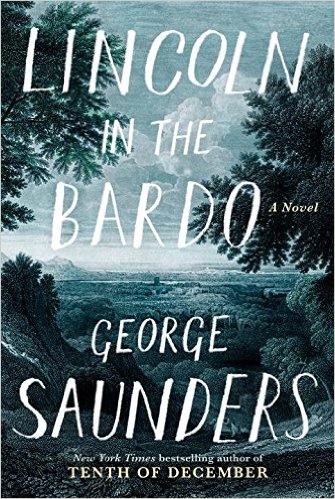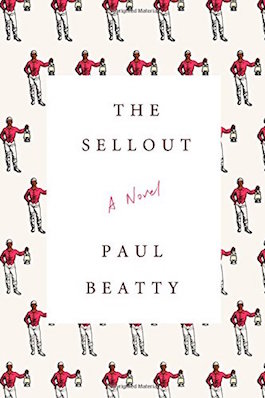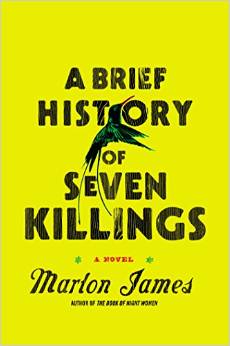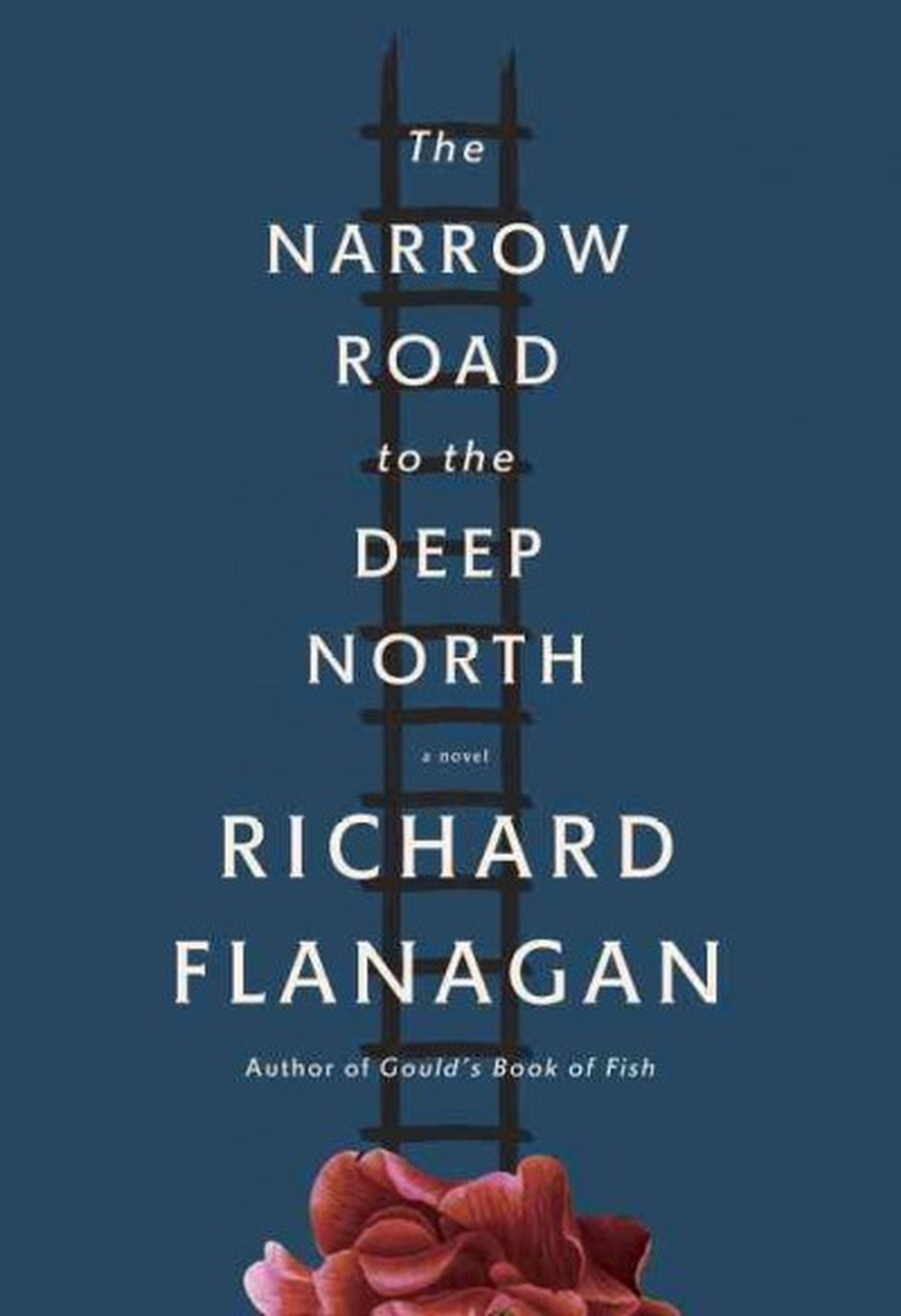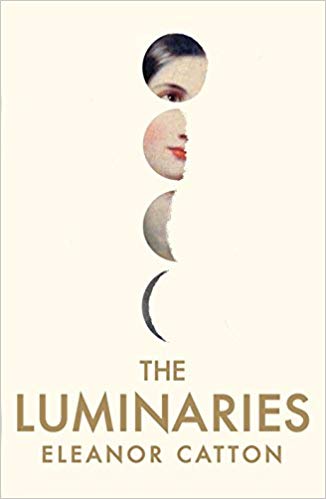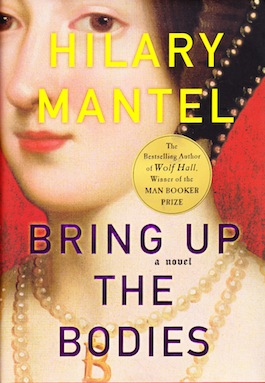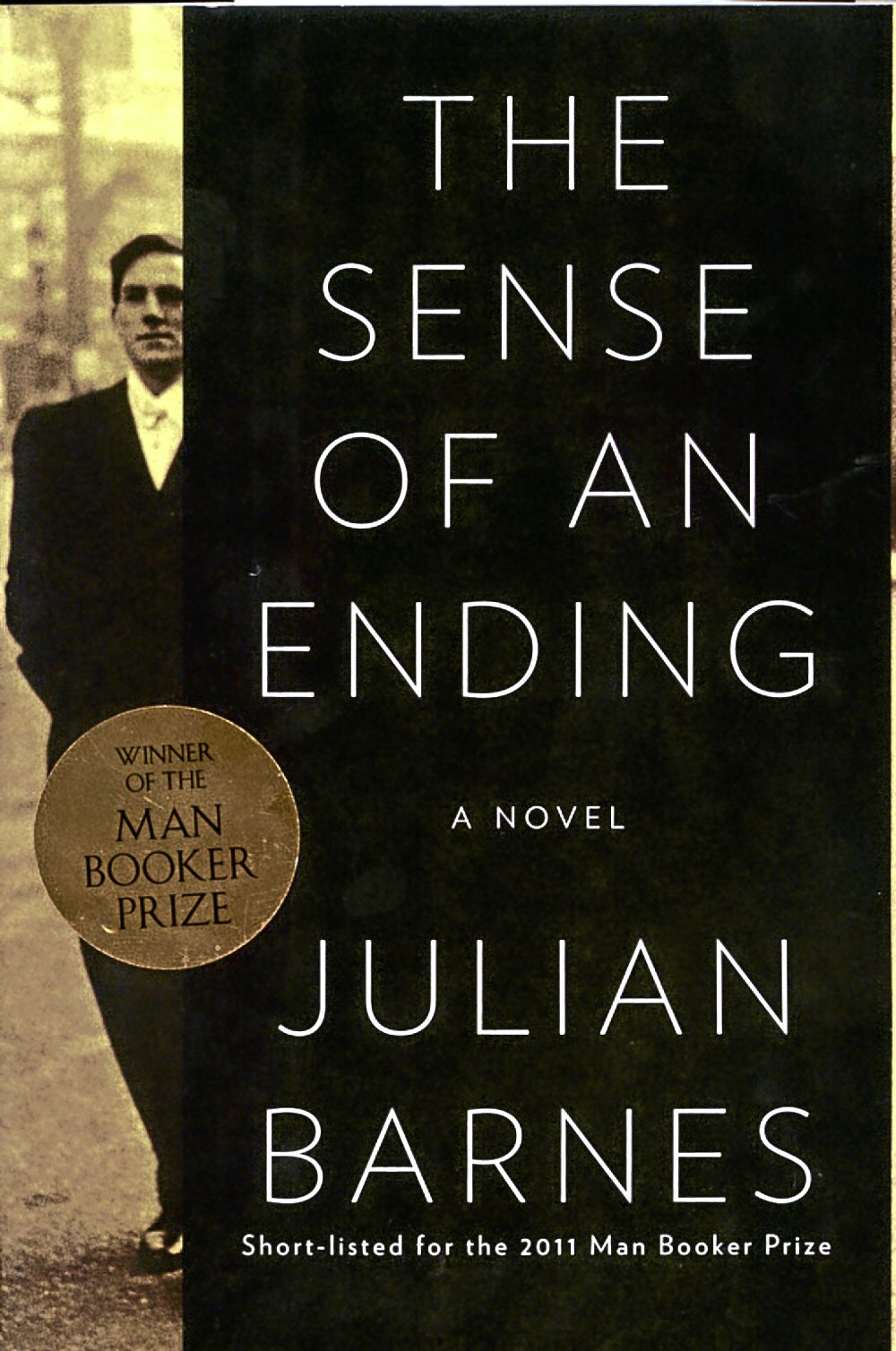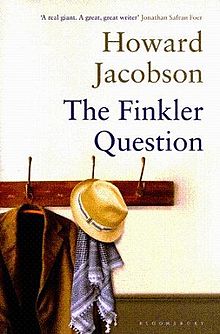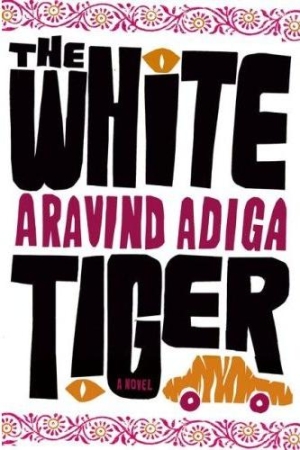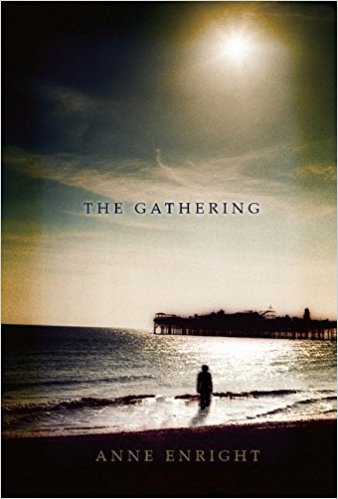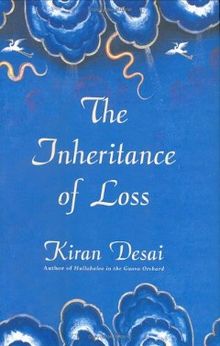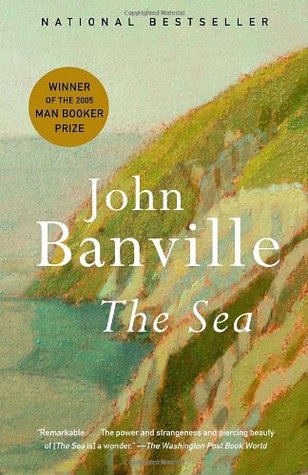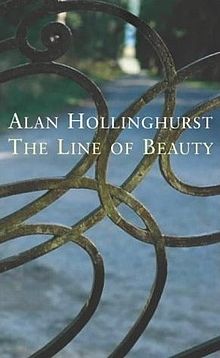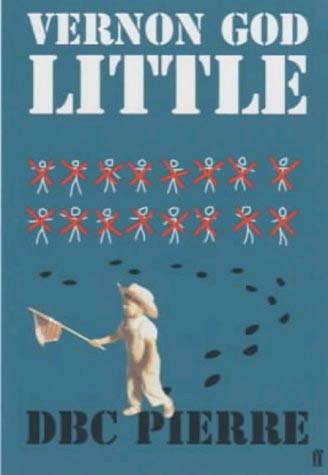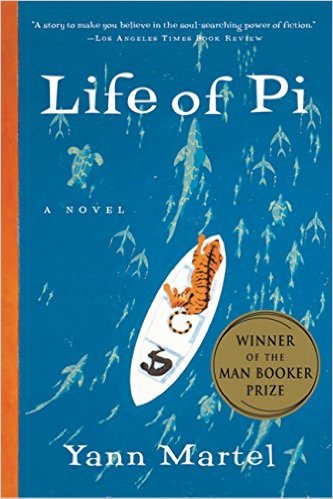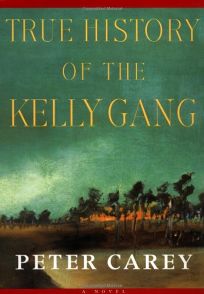Here’s every Booker Prize winner of the 21st century.
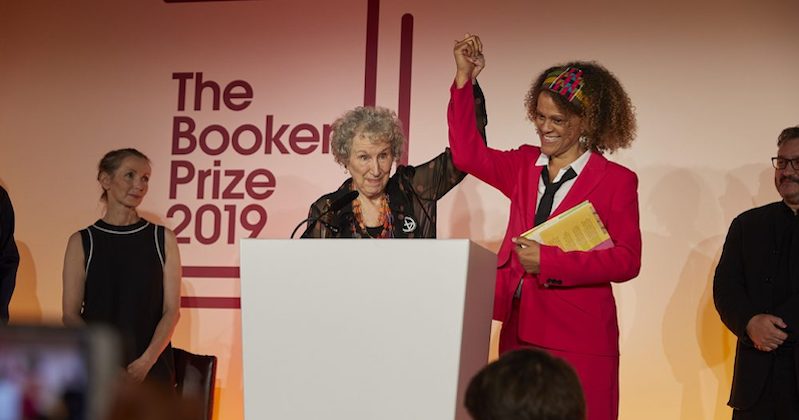
We now know that South African writer Damon Galgut has taken home the 2021 Booker Prize for his latest novel, The Promise, so congratulations to him (and to everyone at Europa Editions!).
While you’re still in Booker mode, why not take a journey into the recent past with us, and see what the critics wrote about every previous Booker Prize-winning novel of the 21st century?
*
2020
Douglas Stuart, Shuggie Bain
“The body—especially the body in pain—blazes on the pages of Shuggie Bain . . . This is the world of Shuggie Bain, a little boy growing up in Glasgow in the 1980s. And this is the world of Agnes Bain, his glamorous, calamitous mother, drinking herself ever so slowly to death. The wonder is how crazily, improbably alive it all is . . . The book would be just about unbearable were it not for the author’s astonishing capacity for love. He’s lovely, Douglas Stuart, fierce and loving and lovely. He shows us lots of monstrous behavior, but not a single monster—only damage. If he has a sharp eye for brokenness, he is even keener on the inextinguishable flicker of love that remains . . . The book leaves us gutted and marveling: Life may be short, but it takes forever”
–Leah Hager Cohen (The New York Times Book Review)
2019
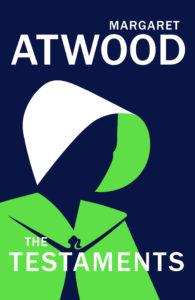
Margaret Atwood, The Testaments
“The Testaments opens in Gilead about 15 years after The Handmaid’s Tale, but it’s an entirely different novel in form and tone. Inevitably, the details are less shocking … Atwood responds to the challenge of that familiarity by giving us the narrator we least expect: Aunt Lydia. It’s a brilliant strategic move that turns the world of Gilead inside out … Aunt Lydia’s wry wit…endows The Testaments with far more humor than The Handmaid’s Tale or its exceedingly grim TV adaptation … That’s the genius of Atwood’s creation. Aunt Lydia is a mercurial assassin: a pious leader, a ruthless administrator, a deliciously acerbic confessor … Interlaced among her journal entries are the testimonies of two young women … Their mysterious identities fuel much of the story’s suspense—and electrify the novel with an extra dose of melodrama … The Testaments is not nearly the devastating satire of political and theological misogyny that The Handmaid’s Tale is. In this new novel, Atwood is far more focused on creating a brisk thriller than she is on exploring the perversity of systemic repression … the fact that Atwood keeps challenging such categories is all part of her extraordinary effort to resist the chains we place on each other … Praise be.”
–Ron Charles (The Washington Post)
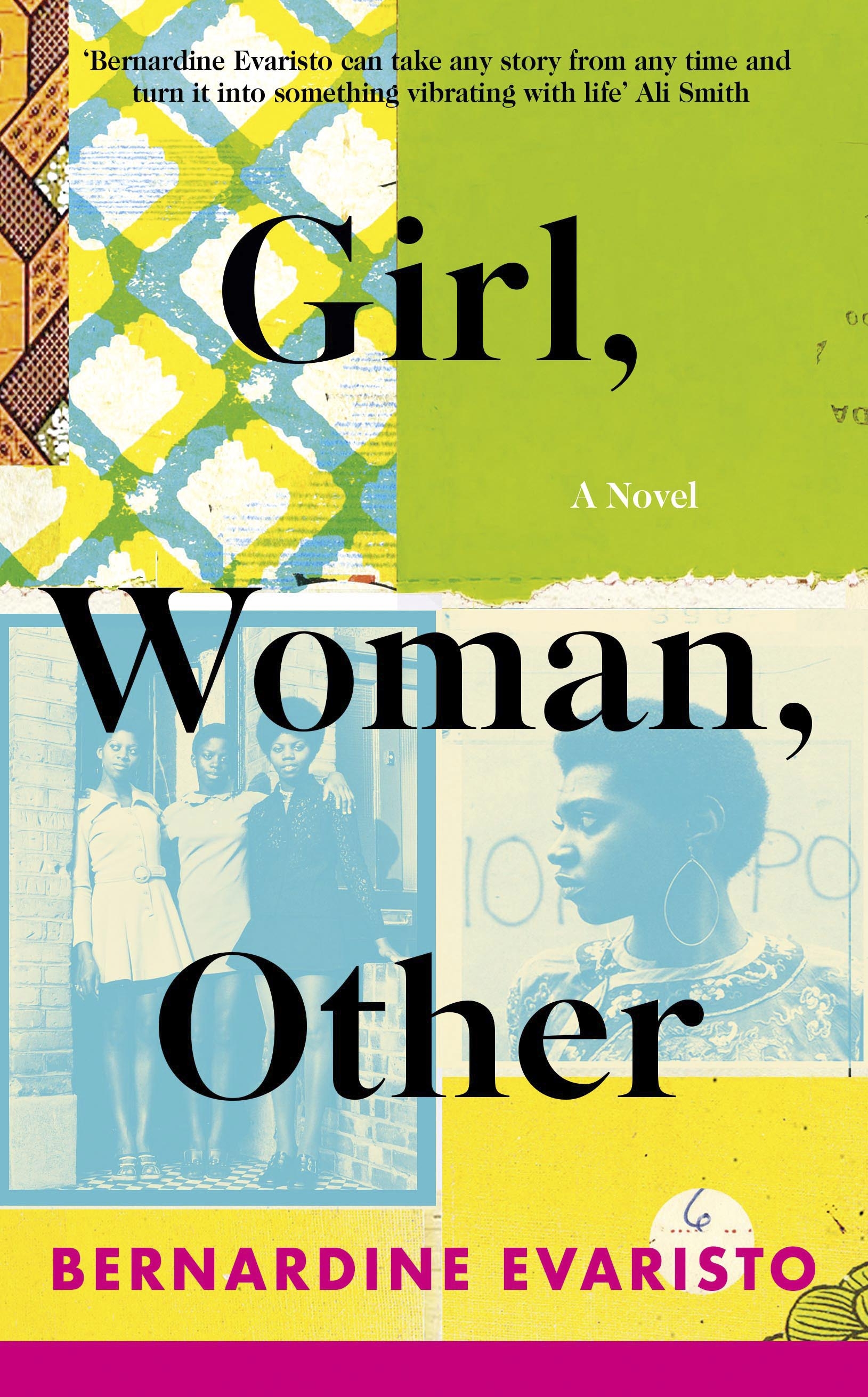
Bernadine Evaristo, Girl, Woman, Other
“…a triumphantly wide-ranging novel, told in a hybrid of prose and poetry, about the struggles, longings, conflicts and betrayals of 12 (mostly) black women and one non-binary character. It’s also, to my mind, the strongest contender on the [Booker shortlist], a big, bold, sexy book that cracks open a world that needs to be known … There’s a freewheeling, exploratory feel to the novel … At times, these fragmented paragraphs read like poetry, at other times like a Whatsapp conversation. All of this could have been schematic, preachy, and the prose can become weighed down by political correctness. But humour always undercuts the woke messages. All the women are morally compromised, most have screwed up somewhere down the line. Evaristo’s job is to observe, to broaden our minds and to be funny—often very funny indeed—about their hypocrisies.”
–Johanna Thomas-Corr (The Sunday Times)
2018
Anna Burns, Milkman
“For all the simplicity of its setup, Milkman is a richly complex portrayal of a besieged community and its traumatized citizens, of lives lived within many concentric circles of oppression … Among Burns’ singular strengths as a writer is her ability to address the topics of trauma and tyranny with a playfulness that somehow never diminishes the sense of her absolute seriousness … The book’s long sentences, its penchant for the exhaustive, can at times be challenging, and there were stretches where I found its uncanny energies stagnated for too long. But it also seems clear to me that these insistent strategies are in service of the book’s mood of total claustrophobia, and that they contribute to, rather than diminish, its overall effectiveness … There is a pulsating menace at the heart of the book, of which the title character is an uncannily indeterminate avatar, but also a deep sadness at the human cost of conflict … For all the darkness of the world it illuminates, Milkman is as strange and variegated and brilliant as a northern sunset. You just have to turn your face toward it, and give it your full attention.”
–Mark O’Connell (Slate)
2017
George Saunders, Lincoln in the Bardo
“…a luminous feat of generosity and humanism … The souls crowd around this uncanny child. As the cast grows, so does our perspective; the novel’s concerns expand, and we see this human business as an angel does, looking down. In the midst of the Civil War, saying farewell to one son foreshadows all those impending farewells to sons, the hundreds of thousands of those who will fall in the battlefields. The stakes grow, from our heavenly vantage, for we are talking about not just the ghostly residents of a few acres, but the citizens of a nation—in the graveyard’s slaves and slavers, drunkards and priests, soldiers of doomed regiments, suicides and virgins, are assembled a country. The wretched and the brave, and such is Saunders’s magnificent portraiture that readers will recognize in this wretchedness and bravery aspects of their own characters as well. He has gathered ‘sweet fools’ here, and we are counted among their number … The narrator is a curator, arranging disparate sources to assemble a linear story. It may take a few pages to get your footing, depending. The more limber won’t be bothered. We’ve had plenty of otherworldly choruses before, from Grover’s Corners to Spoon River, and with so many walking dead in the pop culture nowadays, why not a corresponding increase in the talking dead? Are the nonfiction excerpts—from presidential historians, Lincoln biographers, Civil War chroniclers—real or fake? Who cares? Keep going, read the novel, Google later … the war here is a crucible for a heroic American identity: fearful but unflagging; hopeful even in tragedy; staggering, however tentatively, toward a better world … events sometimes conspire to make a work of art, like a novel set in the past, supremely timely. In describing Lincoln’s call to action, Saunders provides an appeal for his limbo denizens—for citizens everywhere—to step up and join the cause.”
–Colson Whitehead (The New York Times Book Review)
2016
Paul Beatty, The Sellout
“The Sellout makes room for both satirical spectacle and earnest literary whispers. Beatty’s reliance on so many textured backstories and secondary characterizations feels both revelatory and absolutely intentional. … The Selloutwhile riding beneath terrifying waves of American racial terror and heteropatriarchy, is among the most important and difficult American novels written in the 21st century … The Sellout, in all its spiky satirical absurdity, exists not just in a world created by hip-hop and cradled by the Internet. The Sellout firmly situates itself between white supremacy and black love, between thick anti-blackness and communal black innovation. It is a bruising novel that readers will likely never forget.”
–Kiese Laymon (The Los Angeles Times)
2015
Marlon James, A Brief History of Seven Killings
If A Brief History of Seven Killings can be said to have a main idea, it’s that nobody escapes, at least not entirely, from violence. Because violence isn’t an event, but a kind of potential—a force, like gravity, that lurks in every curve of space … It has less in common with most recent literary fiction than it does with Breaking Bad and The Wire…Seven Killings is surprising, suspenseful, and, when it stirs from its sinister languor, fast, with action sequences as finger-curling and eyelid-lifting as anything onscreen. But as much as it resembles the best of today’s television, the novel conveys violence with an interior nuance perhaps only achievable in prose. Its intensity comes less from the story’s underworld glamour than it does from James’s style and syntax—a language that gives texture to danger and its psychic terrain … Some will be frustrated by its lack of ‘larger comment,’ the usual hall pass for dangerous art. Others will find it too painful. People who think good writing should always be graceful won’t like it at all.”
–Julian Lucas (The New York Review of Books)
2014
Richard Flanagan, The Narrow Road to the Deep
“The story casts its roving eye on 77-year-old Dr. Dorrigo Evans, a celebrated war hero whose life has been an unsatisfying string of sterile affairs and public honors. He loved a woman once, but tragedy intervened, and since then each new award and commendation only makes Dorrigo feel undeserving and fraudulent … For many pages, the novel shimmers over the decades of Dorrigo’s life, only flashing on the horrors of war and the ghosts who haunt him. But soon enough, that unspeakable period comes into focus in a series of blistering episodes you will never get out of your mind … The novel doesn’t exonerate these war criminals, but it forces us to admit that history conspired to place them in a situation where cruelty would thrive, where the natural responses of human kindness and sympathy were short-circuited.”
–Ron Charles (The Washington Post)
2013
Eleanor Catton, The Luminaries
“…astoundingly complicated and almost defies explanation … The 12 parts of the novel…wane like the moon: Each part is roughly half the length of the section that preceded it. Part 1 is 358 pages long. Part 12? Two … Throughout the novel, Catton shifts perspective among the dozen luminaries — as well as her other characters. She has created an erudite, omniscient 19th-century sort of narrator … Everyone in The Luminaries is hoping to get rich quick, and it’s a dog-eat-dog world where almost no one can be trusted and almost no one is telling the truth. At least not the whole truth. But the key to following the story is to try to follow the money. The result is a finely wrought fun house of a novel. Enjoy the ride.”
–Chris Bohjalian (The Washington Post)
2012
Hilary Mantel, Bring Up the Bodies
“Where much historical fiction gets entangled in the simulation of historical authenticity, Mantel bypasses those knots of concoction, and proceeds as if authenticity were magic rather than a science … Thomas Cromwell (c. 1485-1540) is one of the most fascinating characters in contemporary fiction—brutal, worldly, reticent, practical, unsentimental but not without tenderness of a kind, Biblically literate but theologically uncommitted, freakishly self-confident but perilously low on friends … He emerges from these novels if not quite a hero, then at least someone whose torments have been chosen for comprehension, like the sinful protagonist of a Graham Greene novel. This is brave of Mantel, even bravely peculiar, given the reputation of the actual Thomas Cromwell, who acted as a brutal fixer for both Cardinal Wolsey and Henry VIII.”
–James Wood (The New Yorker)
2011
Julian Barnes, The Sense of an Ending
“…a mystery of memory and missed opportunity … Tony’s tragedy, ‘if this isn’t too grand a word,’ is that he avoids deep connection rather than embracing it, for fear of risking its loss … Barnes’s unreliable narrator is a mystery to himself, which makes the novel one unbroken, sizzling, satisfying fuse. Its puzzle of past causes is decoded by a man who is himself a puzzle. Tony resembles the people he fears, ‘whose main concern is to avoid further damage to themselves, at whatever cost,’ and who wound others with a hypersensitivity that is insensitive to anything but their own needs.”
–Liesl Schillinger (The New York Times Book Review)
2010
Howard Jacobson, The Finkler Question
“Treslove doesn’t approach his journey into Judaism from a religious standpoint. He takes no steps to learn Hebrew or convert. Instead, his obsession is cultural. He wishes to understand the mannerisms of Jewish life; the hidden code of Jewish sarcasm and the subtleties of Jewish body language … Jacobson isn’t the first writer to delve into the question of Jewish identity, and he surely won’t be the last. But he is definitely one of the most fearless…The Finkler Question tackles an uncomfortable issue with satire that is so biting, so pointed, that it pulls you along for 300 pages and leaves a battlefield of sacred cows in its wake … The book’s appeal to Jewish readers is obvious, but like all great Jewish art—the paintings of Marc Chagall, the books of Saul Bellow, the films of Woody Allen—it is Jacobson’s use of the Jewish experience to explain the greater human one that sets it apart.”
–David Sax (NPR)
2009
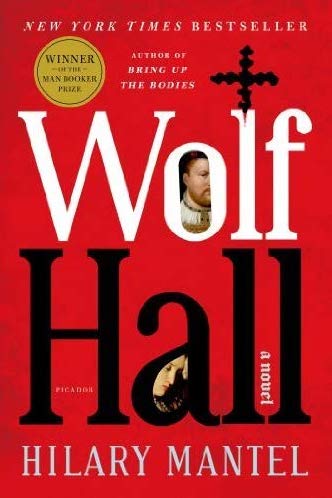
Hilary Mantel, Wolf Hall
“Hilary Mantel’s Wolf Hall is a startling achievement, a brilliant historical novel focused on the rise to power of a figure exceedingly unlikely, on the face of things, to arouse any sympathy at all … Cromwell’s actual life story is, in its way, a somberly fascinating one. But it is not the story that Hilary Mantel has chosen to relate. The Cromwell of Wolf Hall has some of the qualities that his enemies feared and detested—toughness, wiliness, worldliness—but as Mantel depicts them, they are qualities in the service of survival, success, and even a measure of decency in a cruel and indecent world … This is a novel too in which nothing is wasted, and nothing completely disappears.”
–Stephen Greenblatt (The New York Review of Books)
2008
Aravind Adiga, The White Tiger
“…a remarkably authentic portrayal of the life of the underdog—a representative of the many millions of Indians who live and die in mind-numbing deprivation … Adiga is so good at imagining the life of the outcast that the novel is an often scary reminder of the pitfalls of overlooking the plight of the underprivileged. When Balram drives his master around Gurgaon, the sight of scantily clad women is a shock to him—not just because women in the Darkness do not dress provocatively, but also because he is humiliated by his inability to have a slice of the ‘fast life’ … Adiga’s debut novel is a highly realized work—a dazzling, brutal look at the unsavory side effects of India’s rapidly globalizing economy.”
–Vikram Johri (The Tampa Bay Times)
2007
Anne Enright, The Gathering
“The Gathering isn’t a simple thing at all—it’s a genuine attempt to stare down both love and death, to anatomise their pains and fears and peculiar pleasures. At which point I ought to talk about the sheer physicality of Enright’s writing. The one word roar recurs though the text, as if to remind us of the din within each of her characters … Although Liam appears relatively seldom, his portrayal is pitch-perfect. The beautiful boy who destroys himself, the huge eyes begging impossible love, the hearts of his women rifled and then broken before the final act of liquid self-destruction, a march into the sea, pockets full of stones … For Enright, the body, the mind, the will, the world, the heart—all work upon each other in a terrible, wonderful roar of life.”
–AL Kennedy (The Guardian)
2006
Kiran Desai, The Inheritance of Loss
“One major strand in this beautifully composed novel follows the New York City adventures of Biju, an immigrant worker from northeastern India. The second narrative strand takes us to Biju’s home territory, the district of Kalimpong, where his father works as a cook for a retired British-educated Indian magistrate and the judge’s inquisitive granddaughter Sai … While Sai immerses herself in her books, we get a look at the world around her, where indigenous Nepalese exiles, the cheap labor of the region, rise up to call for an independent state within a state … This story of exiles at home and abroad, of families broken and fixed, of love both bitter and bittersweet—you can read it almost as Sai read her Bronte, with your heart in your chest, inside the narrative and the narrative inside you.”
–Alan Cheuse (NPR)
2005
John Banville, The Sea
“The relentless examination of the self amid ghastly or comically lively surroundings has long been a force in Banville’s novels about divided, self-loathing men…Max can’t be classed with them. He isn’t worse than most men, as Banville’s men usually are; his sins are common ones, though maybe not venial. He pays close attention to everything but the most important things, and he grants himself slack that he feels is paid for by his bleak self-contempt, though of course it isn’t. Without that near-psychotic division at work in Banville’s other characters, the animated world in this book seems to have been built up for its own sake … Max recounts with impossible exactness the passing of that summer and his own sensations of remembering.”
–John Crowley (The Washington Post)
2004
Alan Hollinghurst, The Line of Beauty
“Hollinghurst…cleverly and subtly plays the English novelist of whom he most disapproves off against the one he most favors without losing anything. His own natural tendency to create an apolitical society, where aesthetic arguments are punctuated by sexual athletics, now allows an opposing force deeply inimical to his imagination, which insists on public life, the trappings of power, as the natural subject of the novel … The novel moves forward in a series of brilliant set scenes, pieces of atmosphere, moods sharply described and delineated. The plot, such as it is, deals with the enrichment of Nick’s experience, his moving from snobbish provincial to uneasy cosmopolitan, his close observing of the rich and the ruling class, his experiences with drugs, sex, and high art.”
–Colm Tóibín (The New York Review of Books)
2003
DBC Pierre, Vernon God Little
“Narrated in the highly idiomatic voice of Vernon Gregory Little, a fifteen-year-old Texas boy whose rotten luck it is to find himself a ‘skate-goat’ in the aftermath of a Columbine-type massacre of sixteen high-school students committed by his best friend, Vernon God Little is raucous and brooding, coarse and lyric, corrosive and sentimental in about equal measure … Pierre has a flawless ear for adolescent-boy speech. To his young narrator, virtually every adjective is ‘fucken’ and every vision of every adult is laced with repugnance, especially those adults in authority … The novel is a curious admixture of high-decibel video-game farce and interludes of sobriety during which the author’s mask slips and we find ourselves in the presence not of the hormone-tormented Vernon but of a rueful adult male contemplating ‘this dry residue of horror.’”
–Joyce Carol Oates (The New Yorker)
2002
Yann Martel, Life of Pi
“Martel frames the novel as the reminiscences of an older Pi as recorded by the author and intermittently offers his own observations of this curious Indian man. The device works: Martel is so mesmerized by Pi that one can’t help but be enchanted too … Pi’s story is so extraordinary that when he finally makes it ashore, he offers a comparatively boring version of the tale to two researchers, acknowledging that humans don’t have much of a taste for the miraculous. This played-down version makes Pi’s true tale, thanks to Martel’s beautifully fantastical and spirited rendering, all the more tempting to believe.”
–Suzy Hansen (Salon)
2001
Peter Carey, True History of the Kelly Gang
“In a spectacular feat of literary ventriloquism, the Australian-born novelist Peter Carey invites the outlaw Ned Kelly to tell his story. He summons the rollicking, unschooled, hugely colorful voice of Australia’s best-known underdog for a bravura book-length performance … In providing Ned’s side of the various skirmishes that form the basis of his notoriety, and in drawing upon a post-bank-robbery 8,300-word public statement of Kelly’s for some of the book’s lively syntax, Mr. Carey delves into the relative minutiae of police and journalistic accounts of Ned’s life. These particulars might threaten to eclipse the bigger picture if they were not rendered so atmospherically, complete with wombats and banshees, cockatoo pie and roasting kangaroo.”
–Janet Maslin (The New York Times)
2000
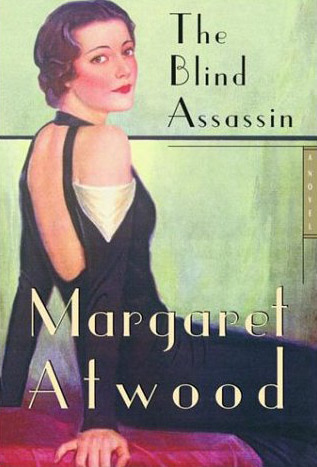
Margaret Atwood, The Blind Assassin
“In her ingenious new tale of love, rivalry, and deception, The Blind Assassin, Margaret Atwood interweaves several genres—a confessional memoir, a pulp fantasy novel, newspaper clippings—to tease out the secrets behind the 1945 death of 25-year-old socialite Laura Chase … Atwood performs a spectacular literary sleight of hand, fashioning a bewitching, brilliantly layered story of how people see only what they wish to—and how terrible the consequences of not voicing the truth can be.”
–Megan Harlan (Entertainment Weekly)
*
Hungry for more? We give you Every Pulitzer Prize for Fiction Winner of the 21st Century.




